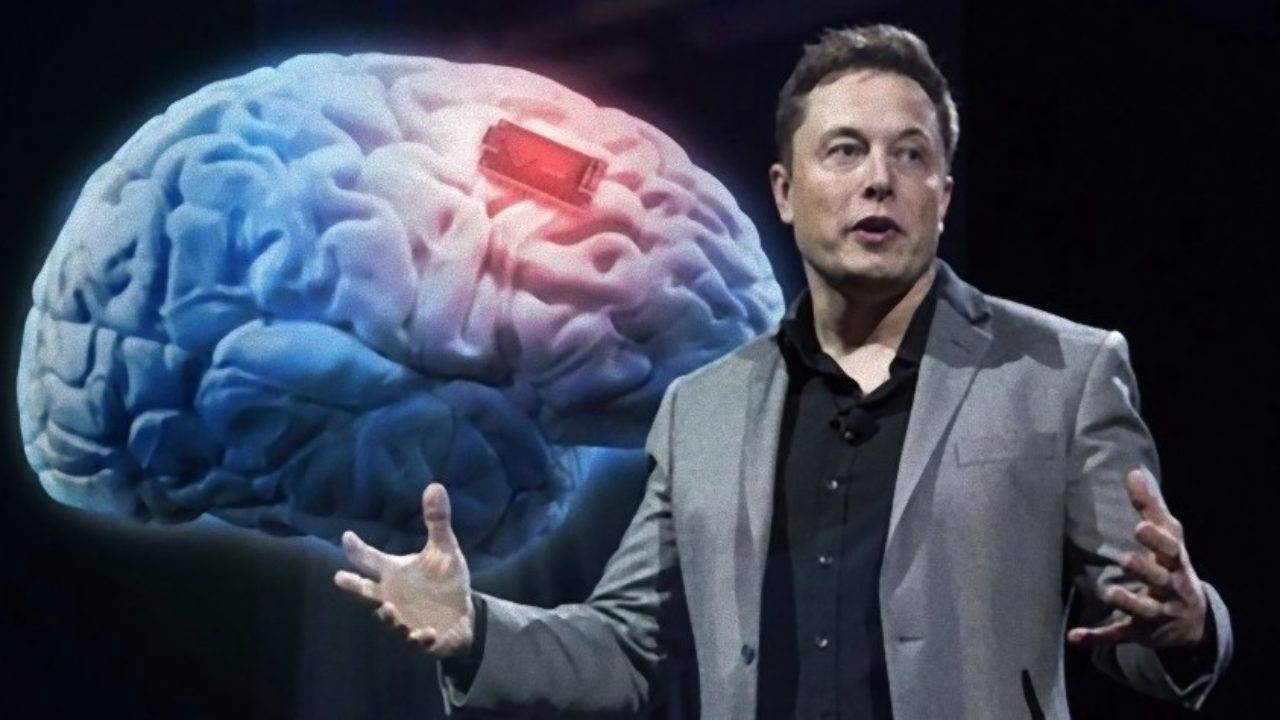News
Elon Musk to unveil his experimental Neuralink “brain-hacking” device today
Elon Musk will be giving a live demonstration of a working brain-to-machine interface which he has said would give people superhuman powers.

Elon Musk will be giving a live demonstration of a working brain-to-machine interface which he has said would give people superhuman powers by augmenting their central nervous system with computer chips.
The entrepreneur Tesla and SpaceX co-founder and CEO’s Neuralink startup applied to begin human trials of the brain-hacking device last year.
However, on Friday at 3 p.m. PT, the company will unveil a new demonstration that involves a robot and “neurons firing in real time,” Musk wrote on Twitter. “The matrix in the matrix,” he added.
Live webcast of working @Neuralink device
Friday 3pm Pacific https://t.co/PouLbrGzFU— Elon Musk (@elonmusk) August 26, 2020
The interface relies on a tiny computer chip which is meant to be stitched by a “sewing-machine-like” robot into the brain using a network of extremely tiny electrone-equipped wires. Upon successful installation, the chip is then supposed to translate them into motor controls.
Technologists have long sought to develop neural interfaces that would allow people with neurological conditions to use their phones or computers with their minds, for example, or even potentially manipulate their prosthetic limbs. As the theory goes, such brain-computer interfaces would pave the way for an entirely new way for us humans to interact with the digital world.
Musk, however, believes that his startup is opening the door to “superhuman cognition” and helping the human race “achieve symbiosis with artificial intelligence.”
While we weren’t sure that many humans desired the ability to possess the ability of machine-learning algorithms, Musk contends that people must merge with AI in order to prevent a scenario where the AI becomes so powerful that it outpaces and eventually destroys humankind.
Musk has long offered high tech yet simple solutions to the world’s problems. Whether it’s an issue like highway traffic, space travel costs, children trapped in an underwater cave, or the need for a backup planet to relocate to, the tech investor has been a source of bold and pithy declarations about the ease with which these issues can be tackled.
However, he also has a long habit of underestimating the time within which these projects can realistically be completed.
Scientists warn that Neuralink’s success remains an open question – especially since the interface will require highly invasive surgery.
“There’s a lot of uncertainty in the whole field as to whether [Neuralink] is ever going to be successful,” former neuroscientist Sid Kouider, who also began his own neural interface startup, told Wired.
However, University of Pittsburgh assistant professor of physical medicine and rehabilitation Jennifer Collinger described what Musk’s plans as “truly disruptive technology in a difficult space of medical technology.”
“Neuralink has significant resources and critically a team of scientists, engineers and clinicians working towards a common goal, which gives them a great chance of success,” she added.
However, Collinger noted, caution remains important in plowing forward with the revolutionary new technology.
“Even with these resources, medical-device development takes time and safety needs to be a top priority, so I suspect the process may take longer than they have stated as their goals,” Collinger said.
Scientists also warn that the sheer complexity of the human brain remains a stumbling block, as any move to begin clinical trials on healthy people runs the risk of doing permanent damage.
Typos, corrections and/or news tips? Email us at Contact@TheMindUnleashed.com
